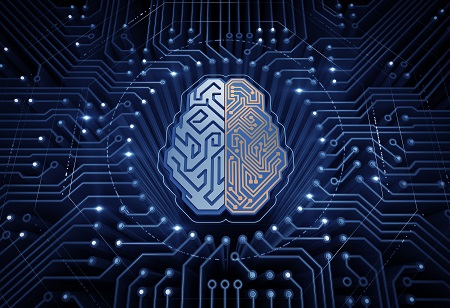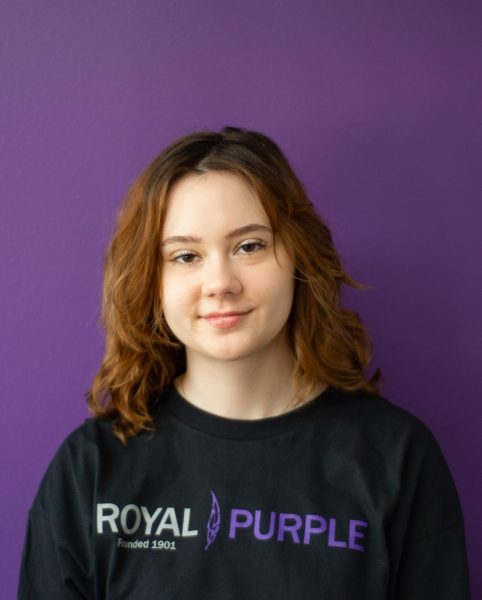UW-Whitewater is taking steps to integrate artificial intelligence (AI) into its classrooms so that students can work with technology, not against it. The Learning Technology Center (LTC) here on campus has been using workshops to teach about the latest in the tech world.
The next big thing in technology, according to the assistant director Dana Wagner of the LTC, is generative artificial intelligence like ChatGBt, which has recently celebrated its first year since it launched in November of 2022. The application allows users to enter any prompt, and its generative AI interface will create any variety of text they want.
Some argue that AI poses a threat to academic integrity because students could potentially use it to do their assignments without doing any work of their own. However, marketing professor Dave Martin sees AI as an “exciting tool.”
While he did have his concerns that students would use the program to cheat, Martin sees simple solutions to combat the issue. He suggests that this is an opportunity for students to apply the information that they learn through doing more interactive assignments and live demonstrations of learning, which will have the added benefit of mirroring the real world.
Martin says that AI is going to benefit the world of marketing because it will allow the research portion of it to go much faster. He says that it will take the guesswork out of researching companies and personnel.
“My general take on [AI] is to embrace it, and find ways to use it effectively. It’s not going away,” said Martin.
UW-W students expressed their opinions about the state of their future careers in a world of AI and technology in general. Matt Kirchoff, a sophomore marketing major, does not feel that his career will be impacted by it because computers cannot recreate the imaginative nature that real people have.
“Computers and artificial intelligence can only have so much creativity. It takes an actual person to take it to the next level,” Kirchoff said.
Della Buchanan, a junior and early education major, has concerns about the effects of technology on young children. She says that the Covid-19 pandemic has created many issues for children; most notably, children are not hitting their expected benchmarks for their grade level.
According to Buchanan, technology makes it difficult for children to be able to get back up to their grade level because they need to interact with their environment.
She recalls a moment from when she was shadowing a teacher of a 2nd-grade class at Gaston Elementary in Beloit. The students were sitting down in a circle using their individual school-issued laptops to do a math game, and Buchanan felt that there was something lost by not having partners and physical cards to play the game with.
“I want [students] to connect with people rather than connect with online games in the classroom,” Buchanan said. “[Technology] is good to know, but I don’t want it to be everything.”
When it comes to their lives as students, both Kirchoff and Buchanan agree that it is tempting to use AI to do their assignments, but they know that they would be missing out on the opportunity to learn the information that they will carry with them through the rest of their lives.
Wagner mirrors this sentiment, saying that her work with students shows that they “have a great sense of accountability, and they want their work to be authentic.”
The integration of AI, as well as a general dependence on technology, is the trajectory of the future. Students and professors alike will need to navigate the ever-growing world of technology in the coming years.


